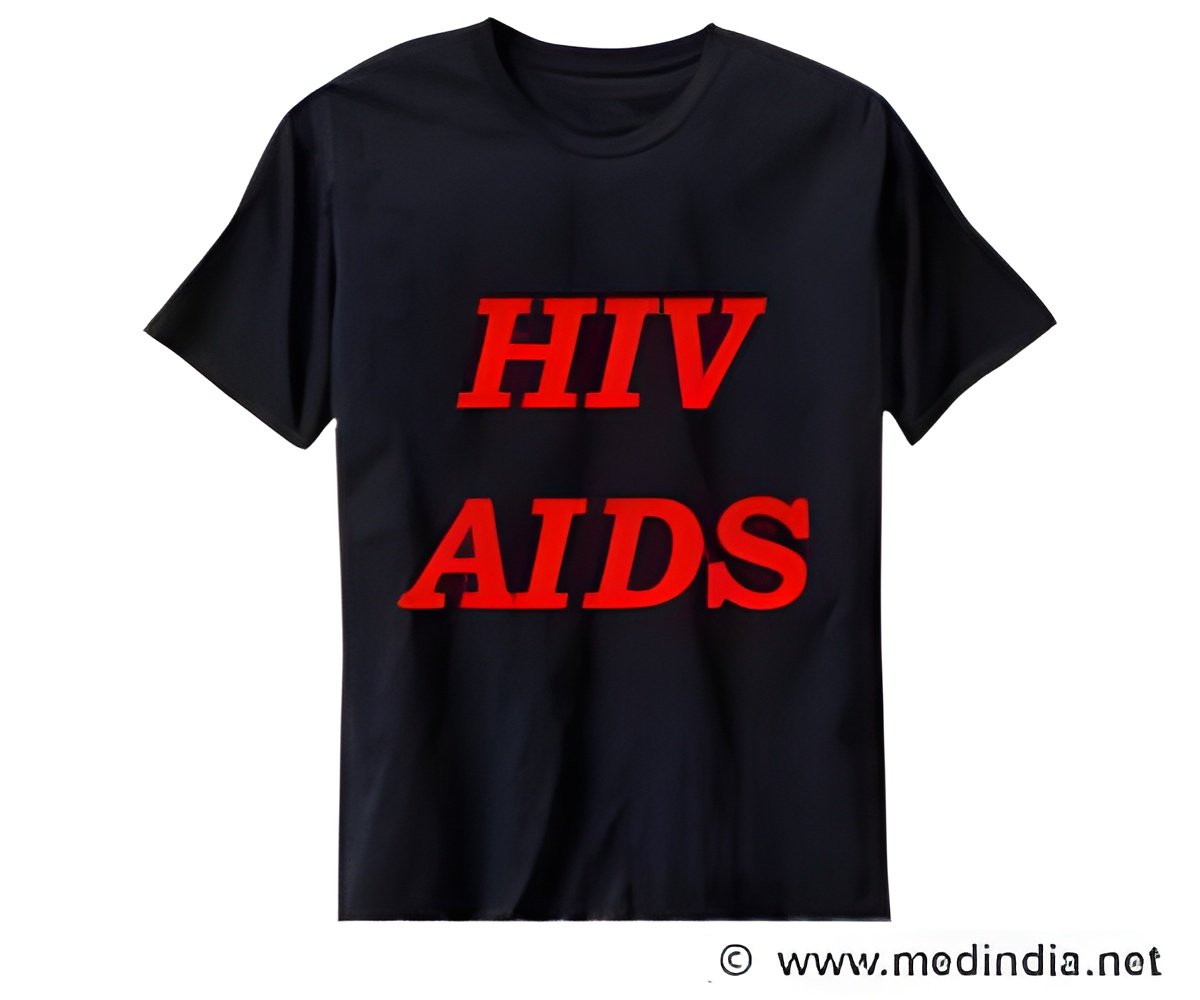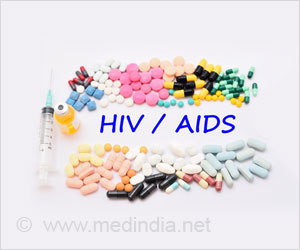More than 30 percent drop in the rate of HIV diagnoses is seen in the United States over the past decade, though it is on the rise among certain gay men, said researchers on Saturday.

Gay men aged 45 and older were also increasingly diagnosed with HIV.
Meanwhile, the rate of HIV diagnoses fell among other groups, including heterosexual women and injection drug users.
Overall, the rate of HIV diagnosis in the United States dropped 33 percent from 2002-2011, said the study led by Anna Satcher Johnson of the Division of HIV/AIDS Prevention at the US Centers for Disease Control and Prevention.
Researchers examined data collected by the National HIV Surveillance System of the CDC, which is based on mandated reporting of HIV cases in all 50 states and the District of Columbia.
During the period of 2002-2011, 493,372 people in the United States were diagnosed with HIV.
Advertisement
While statistically significant decreases surfaced in most every demographic group, no changes were seen among Asians or Native Hawaiians and other Pacific Islanders.
Meanwhile, HIV fell among men aged 35-44.
"Among men who have sex with men, unprotected risk behaviors in the presence of high prevalence and unsuppressed viral load may continue to drive HIV transmission," said the study.
Researchers also noted that HIV testing was expanded during the study period, which can often result in an initial surge in diagnoses, but it was unclear if this was driving the rise among some men.
The findings are published in the July 23/30 issue of JAMA that focuses on HIV/AIDS and coincides with the International AIDS Conference in Melbourne, Australia.
Source-AFP















